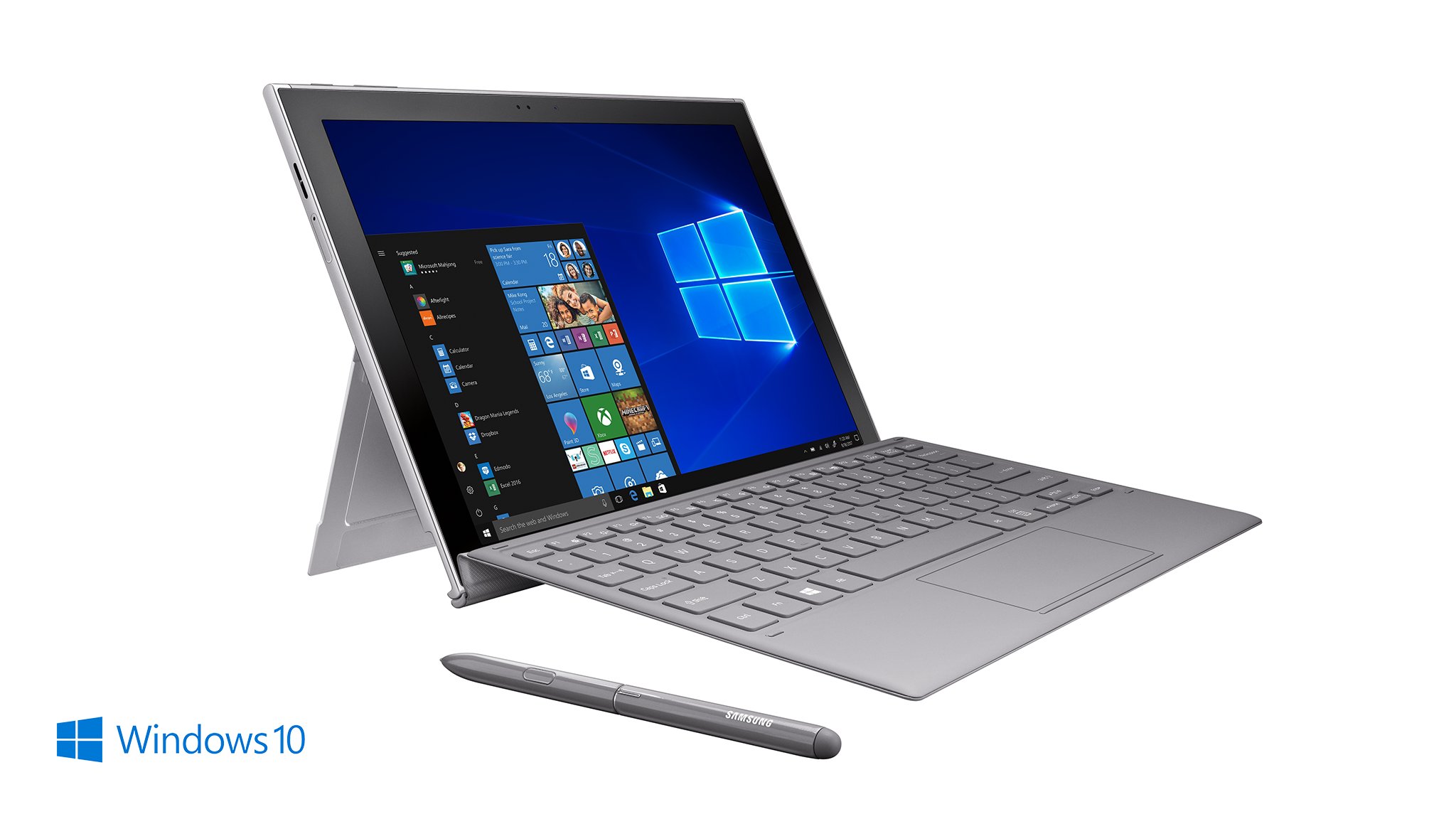Microsoft releases new cumulative updates for supported versions of Windows 10 (Change log)

Microsoft today released cumulative updates for various supported Windows 10 versions. These updates are available for Windows 10 users running versions 1809, 1803, 1709, 1703 and 1607. Find the change log below.
Windows 10 version 1809 – KB4480116 (OS Build 17763.253):
- Addresses a security vulnerability in session isolation that affects PowerShell remote endpoints. By default, PowerShell remoting only works with administrator accounts, but can be configured to work with non-administrator accounts. Starting with this release, you cannot configure PowerShell remote endpoints to work with non-administrator accounts. When attempting to use a non-administrator account, the following error will appear:“New-PSSession: [computerName] Connecting to remote server localhost failed with the following error message: The WSMan service could not launch a host process to process the given request. Make sure the WSMan provider host server and proxy are properly registered. For more information, see the about_Remote_Troubleshooting Help topic.”
- Addresses an issue in which using esentutl /p to repair a corrupt Extensible Storage Engine (ESE) database results in a mostly empty database. The ESE database is corrupted and cannot be mounted.
- Security updates to Microsoft Edge, Internet Explorer, Windows App Platform and Frameworks, Windows MSXML, Windows Kernel, Windows Storage and Filesystems, Windows Wireless Networking, Microsoft JET Database Engine, Windows Linux, Windows Virtualization, and the Microsoft Scripting Engine.
Windows 10 version 1803 – KB4480966 (OS Build 17134.523):
- Addresses a security vulnerability in session isolation that affects PowerShell remote endpoints. By default, PowerShell remoting only works with administrator accounts, but can be configured to work with non-administrator accounts. Starting with this release, you cannot configure PowerShell remote endpoints to work with non-administrator accounts. When attempting to use a non-administrator account, the following error will appear:“New-PSSession: [computerName] Connecting to remote server localhost failed with the following error message: The WSMan service could not launch a host process to process the given request. Make sure the WSMan provider host server and proxy are properly registered. For more information, see the about_Remote_Troubleshooting Help topic.”
- Security updates to Internet Explorer, Microsoft Edge, Windows App Platform and Frameworks, the Microsoft Scripting Engine, Windows Kernel, Windows Storage and Filesystems, Windows Virtualization, Windows Linux, Windows MSXML, and the Microsoft JET Database Engine .
Windows 10 version 1709 – KB4480978 (OS Build 16299.904):
- Addresses a security vulnerability in session isolation that affects PowerShell remote endpoints. By default, PowerShell remoting only works with administrator accounts, but can be configured to work with non-administrator accounts. Starting with this release, you cannot configure PowerShell remote endpoints to work with non-administrator accounts. When attempting to use a non-administrator account, the following error will appear:“New-PSSession: [computerName] Connecting to remote server localhost failed with the following error message: The WSMan service could not launch a host process to process the given request. Make sure the WSMan provider host server and proxy are properly registered. For more information, see the about_Remote_Troubleshooting Help topic.”
- Security updates to Internet Explorer, Microsoft Edge, Windows App Platform and Frameworks, the Microsoft Scripting Engine, Windows MSXML, Windows Kernel, Windows Storage and Filesystems, Windows Virtualization, Windows Linux, and the Microsoft JET Database Engine.
Windows 10 version 1703 – KB4480973 (OS Build 15063.1563):
- Addresses a security vulnerability in session isolation that affects PowerShell remote endpoints. By default, PowerShell remoting only works with administrator accounts, but can be configured to work with non-administrator accounts. Starting with this release, you cannot configure PowerShell remote endpoints to work with non-administrator accounts. When attempting to use a non-administrator account, the following error will appear:“New-PSSession: [computerName] Connecting to remote server localhost failed with the following error message: The WSMan service could not launch a host process to process the given request. Make sure the WSMan provider host server and proxy are properly registered. For more information, see the about_Remote_Troubleshooting Help topic.”
- Security updates to Internet Explorer, Microsoft Edge, Windows App Platform and Frameworks, the Microsoft Scripting Engine, Windows Authentication, Windows MSXML, Windows Kernel, Windows Storage and Filesystems, Windows Virtualization, Windows Linux, and Microsoft JET Database Engine.
Windows 10 version 1607 – KB4480961 (OS Build 14393.2724):
- Addresses a security vulnerability in session isolation that affects PowerShell remote endpoints. By default, PowerShell remoting only works with administrator accounts, but can be configured to work with non-administrator accounts. Starting with this release, you cannot configure PowerShell remote endpoints to work with non-administrator accounts. When attempting to use a non-administrator account, the following error will appear:“New-PSSession: [computerName] Connecting to remote server localhost failed with the following error message: The WSMan service could not launch a host process to process the given request. Make sure the WSMan provider host server and proxy are properly registered. For more information, see the about_Remote_Troubleshooting Help topic.”
- Security updates to Internet Explorer, Windows App Platform and Frameworks, the Microsoft Scripting Engine, Windows Kernel, Windows Hyper-V, Windows MSXML, and the Microsoft JET Database Engine.
If you installed earlier updates, only the new fixes contained in this package will be downloaded and installed on your device.
Source: Microsoft
Read our disclosure page to find out how can you help MSPoweruser sustain the editorial team Read more




User forum
0 messages